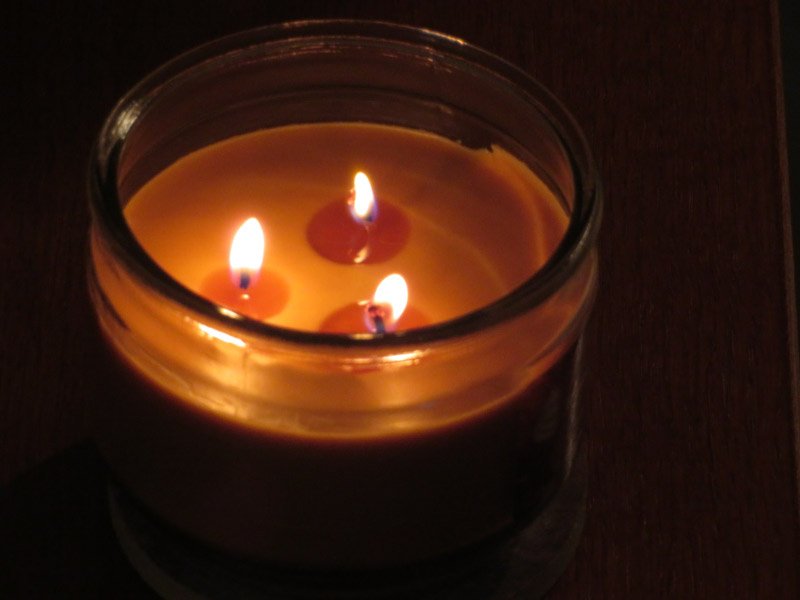Gleanings of the Week Ending January 4, 2025
/The items below were ‘the cream’ of the articles and websites I found this past week. Click on the light green text to look at the article.
Uplift Underway in Finland’s Kvarken Archipelago - Some 20,000 years ago, during the Last Glacial Maximum, the Baltic Sea sat under a sheet of ice as thick as 10,000 feet. Since the glaciers receded and the weight was lifted, the land has been bouncing back. The rates of uplift, known as glacial isostatic adjustment or isostatic rebound, in this region are among the highest on Earth. By one estimate, land about twice the size of Central Park in New York City rises from the sea each year along the coast of the Gulf of Bothnia, the Baltic Sea’s northern arm.
Silent Threat: America’s Abandoned Oil Wells and the Danger Beneath - Abandoned oil and gas wells across the U.S. pose significant environmental, health, and safety risks, with many leaking hazardous gases and chemicals, highlighting regulatory failures and the immense financial burden of remediation.
Lymphoedema: The 'hidden' cancer side-effect no one talks about - Lymphoedema is a chronic, incurable condition that causes excessive swelling due to a damaged lymphatic system, a network in the body responsible for maintaining fluid balance in tissues. It occurs when lymph fluid is unable to properly drain from the body, due to a dysfunction or injury to the lymphatic system. The condition is a common consequence of certain cancers and the treatments for them. It can also be a genetic condition, which people are born with, or it can be the result of injury, obesity, or infection. There are some clinicians who regard lymphoedema as an overlooked pandemic due to the significant chronic public health problem it poses globally.
Hazelnut DNA Study Challenges Misconceptions About Indigenous Land Use in British Columbia - Starting some 7,000 years ago, Indigenous people actively cultivated hazelnuts across the continent, disproving the settler-colonial notion that Indigenous peoples were simply hunter-gatherers. People were actively transplanting and cultivating hazelnuts hundreds of kilometers from their place of origin. People were moving hazelnut around and selectively managing it to the point that it increased genetic diversity.
Extreme Heat May Cause People to Age Faster - Researchers looked at such aging markers in 3,800 Americans over the age of 55, comparing the data with local weather records. They found that people living in places with more hot days tended to have more genetic markers of age.
An inexpensive fix for California's struggling wildflowers - California's native wildflowers are being smothered by layers of dead, invasive grasses. Simply raking these layers can boost biodiversity and reduce fire danger.
The Ten Most Significant Science Stories of 2024 – From Smithsonian Magazine.
Fluorinated “forever chemicals” and where to find them – Infographic and text. Studies have linked PFOA to some health conditions including cancers and hormone disruption. There’s also still plenty we don’t know about their potential effects. PFOAs are human-made compounds which do not occur naturally, so we’re only seeing the effects of their accumulation in the past decades.
Brighten Your Day with These 15 Photos of Beautiful Balloons from Around the World – Mexico, India, Myanmar, Bangladesh, Turkey, Spain, and the US (Nevada, New Mexico, New Jersey, and Wyoming).
How an Extreme Combination of Fog and Air Pollution Brought London to a Standstill and Resulted in Thousands of Fatalities - On December 5, 1952 (a little more than a year before I was born) as cold weather in London prompted residents to burn more cheap coal, a high-pressure wind system known as an anticyclone settled over the city, trapping cold air beneath warm air. Pollution from coal fires, diesel buses and factories could not travel up in the atmosphere, instead hovering in a deadly, stagnant smog. When the Great Smog of 1952 finally lifted on December 9, 4,000 people were dead from the effects of the extreme pollution. Retrospective assessments estimate that the number of fatalities could be almost triple that. While the government’s response was sluggish at first, the Clean Air Act of 1956, passed in response to the Great Smog, heavily regulated the burning of coal and established smoke-free urban areas throughout England. In the years that followed, a host of other industrial nations were inspired to follow suit.






































